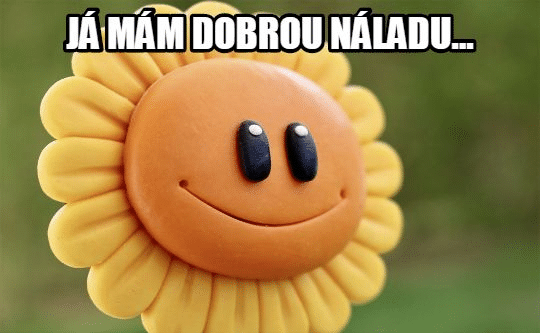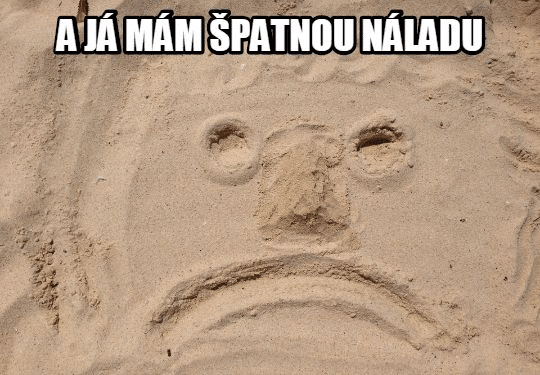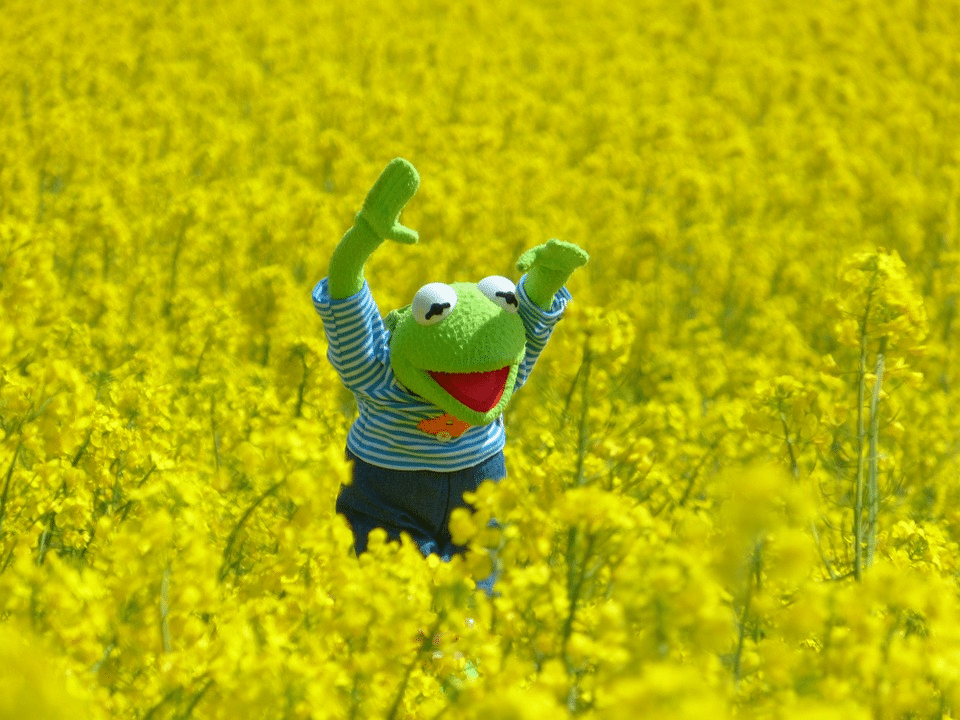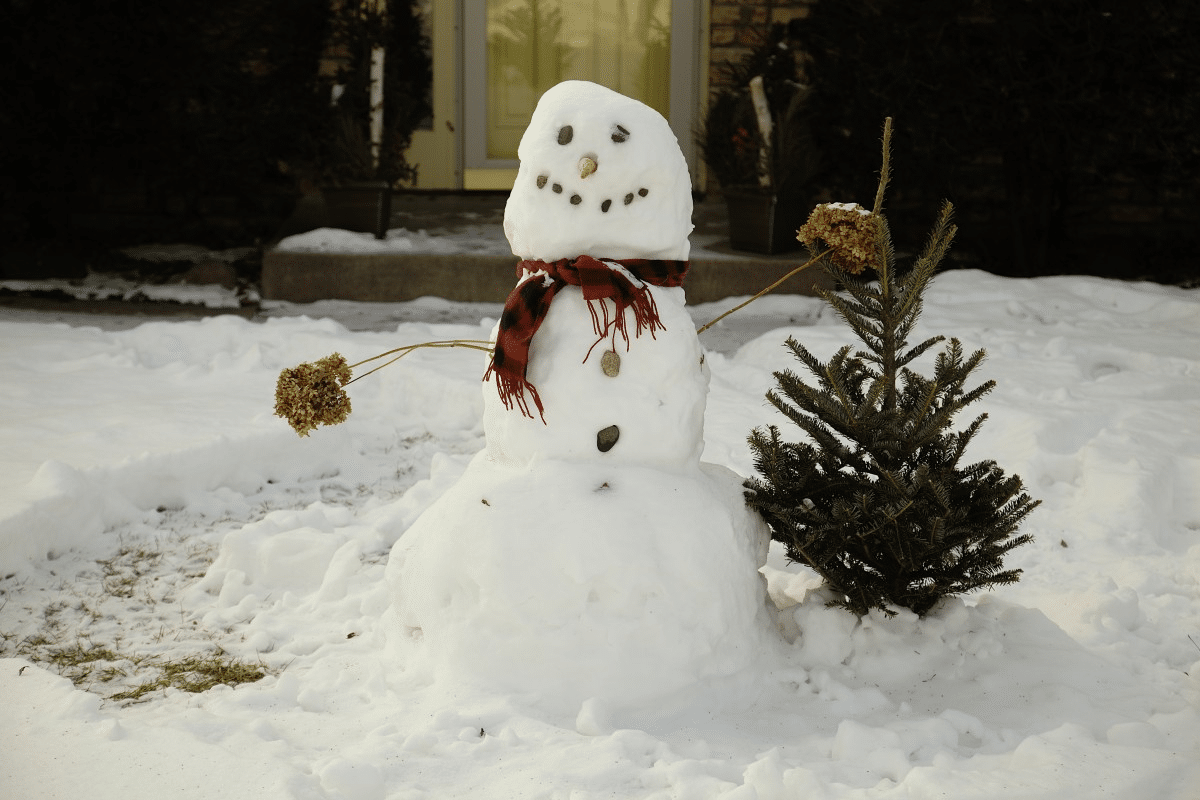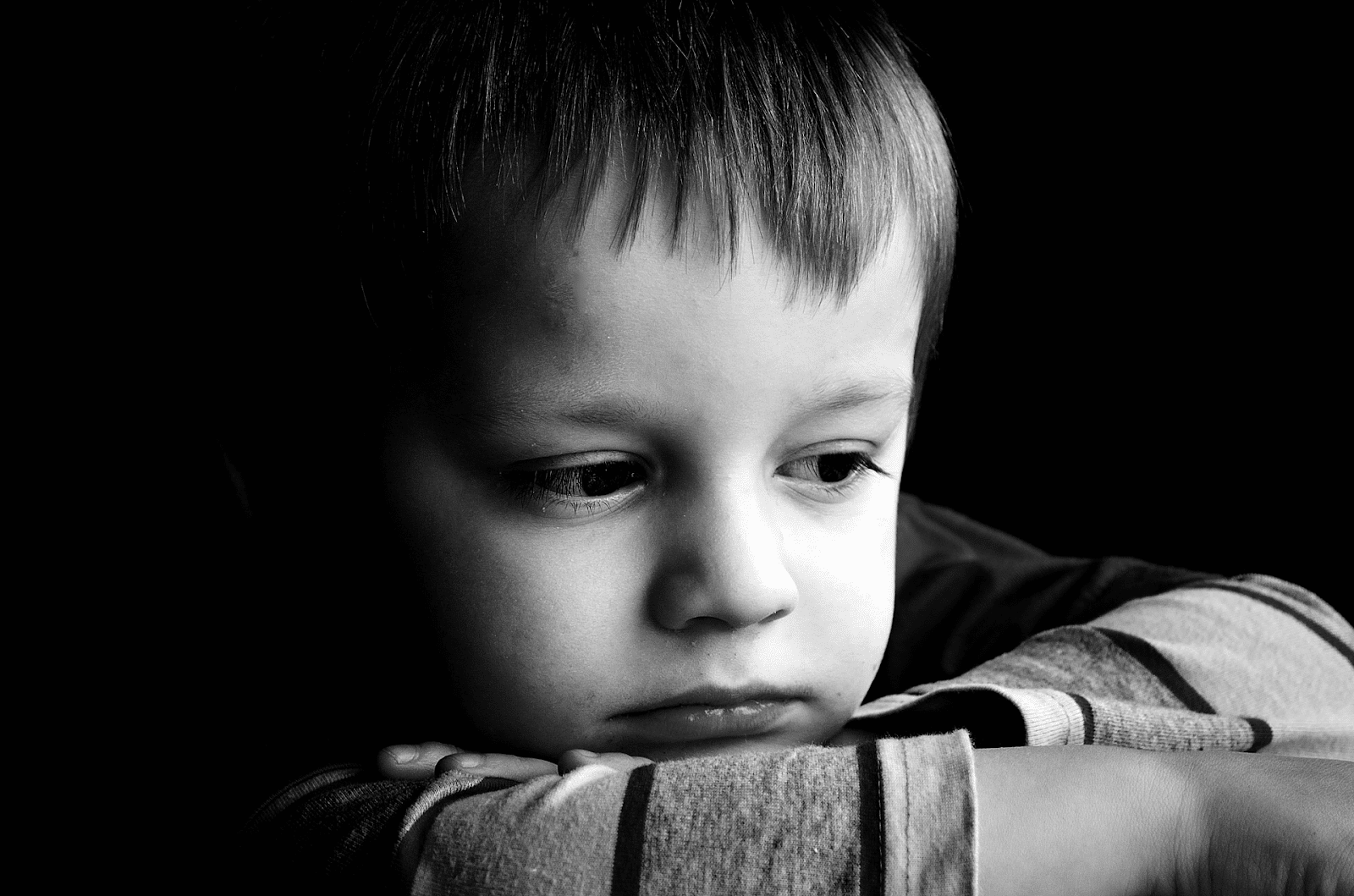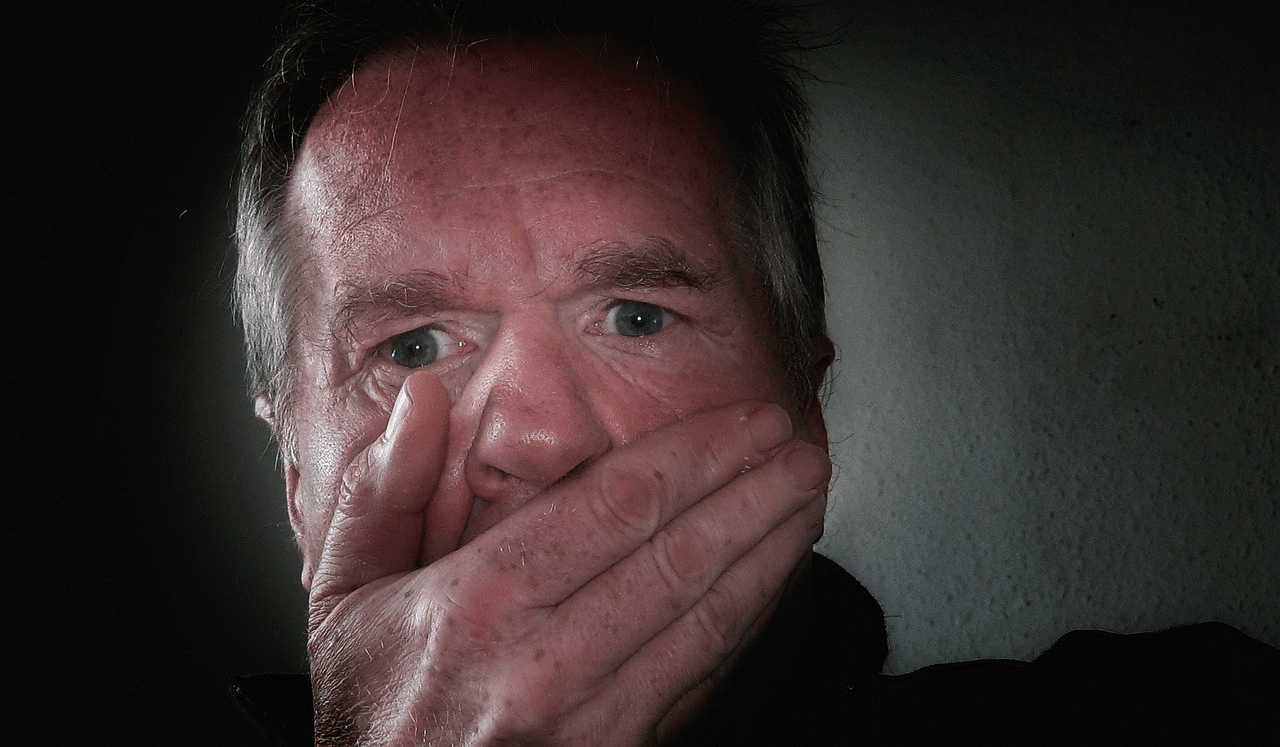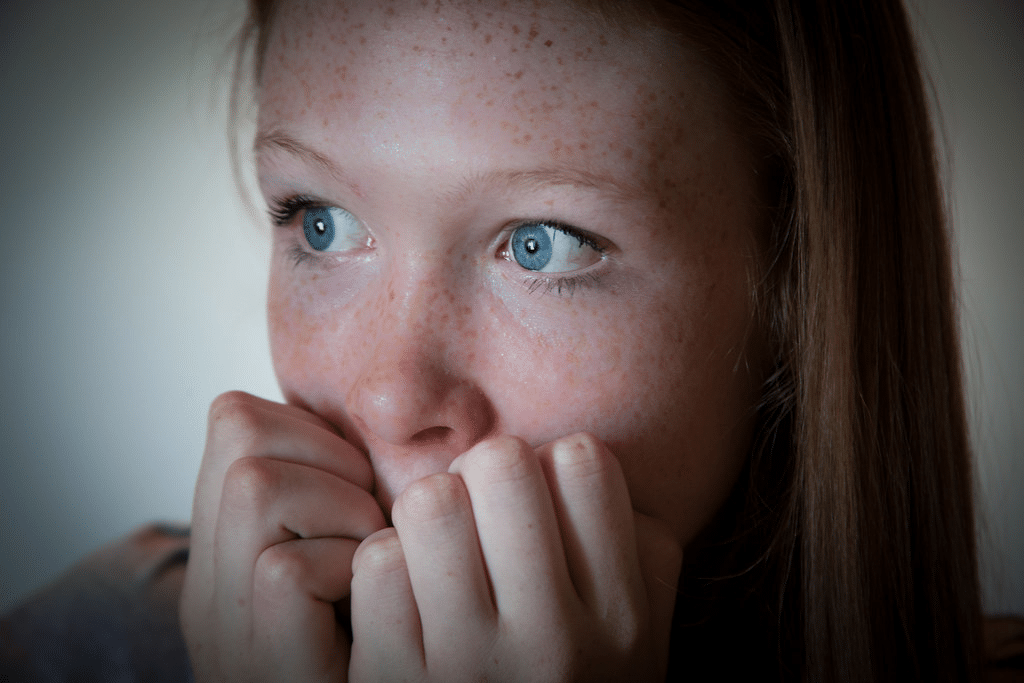5.8 – veselý a smutný – happy, sad, and other feelings
Mood
nálada – mood
The word nálada can be modified, so you can either have a dobrá nálada a or a špatná nálada.
|
|
|
A few basic types of moods and feelings:
Happy
šťastný – happy
veselý – happy, cheerful
rád – happy, glad (especially common in phrases like Jsem rád, že…)
plný/á energie – full of energy
pozitivní – positive
|
Kermit je rád, že je venku hezky. Je plný energie. |
Lucka a Alenka jsou dneska velmi veselé. |
Sněhulák je vždycky šťastný, když je zima! |
Sad
You can use the word smutný in two ways:
- As a regular adjective. Jsem smutný / Jsem smutná – I’m sad.
- In a so-called impersonal dative construction. Je mi smutno – I feel sad (It is sad to me).
You can also use these words/expressions to express sadness:
mít depresi – to be depressed (lit. to have depression)
|
Ten pes je velmi smutný. |
Ondřejovi je smutno. |
Pavel je trochu smutný, protože venku prší. |
|
Pavla má depresi |
|
|
Anger, Stress, Surprise
naštvaný – angry
vystresovaný – stressed out
překvapený – surprised
|
Lenka je naštvaná! |
Jana je vystresovaná, protože má hodně práce. |
Honza je překvapený, že jeho sestra má jeho auto. |
Afraid/Nervous
If you want to say that someone is afraid, use either of the following expressions:
bojím se (lit. I am afraid, from the verb bát se ‘to be afraid’; see 5.8 – 'bát se' – 'to be afraid')
mám strach (mít strach) – lit. ‘to have fear’, i.e. ‘I’m afraid’
být nervózní – to be nervous
|
Ten pán se něčeho bojí. |
Hana je trochu nervózní. |
|
Images used in this document come from these sources.
